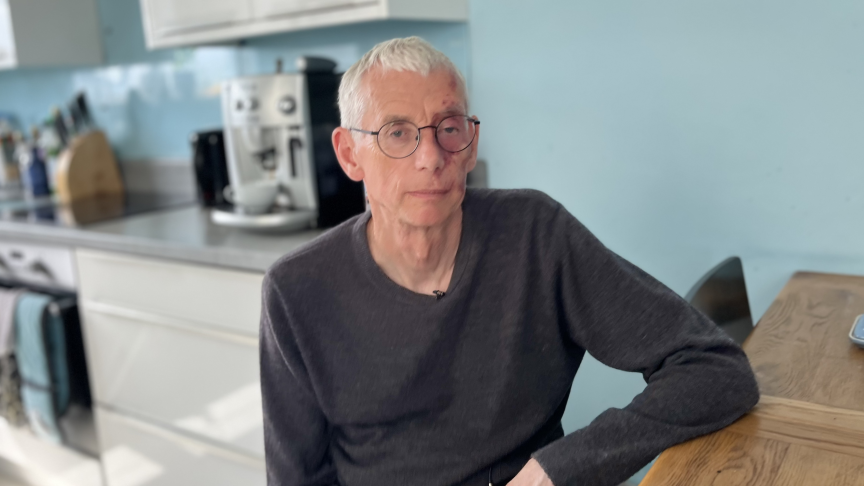Dáil passes vote on assisted dying report
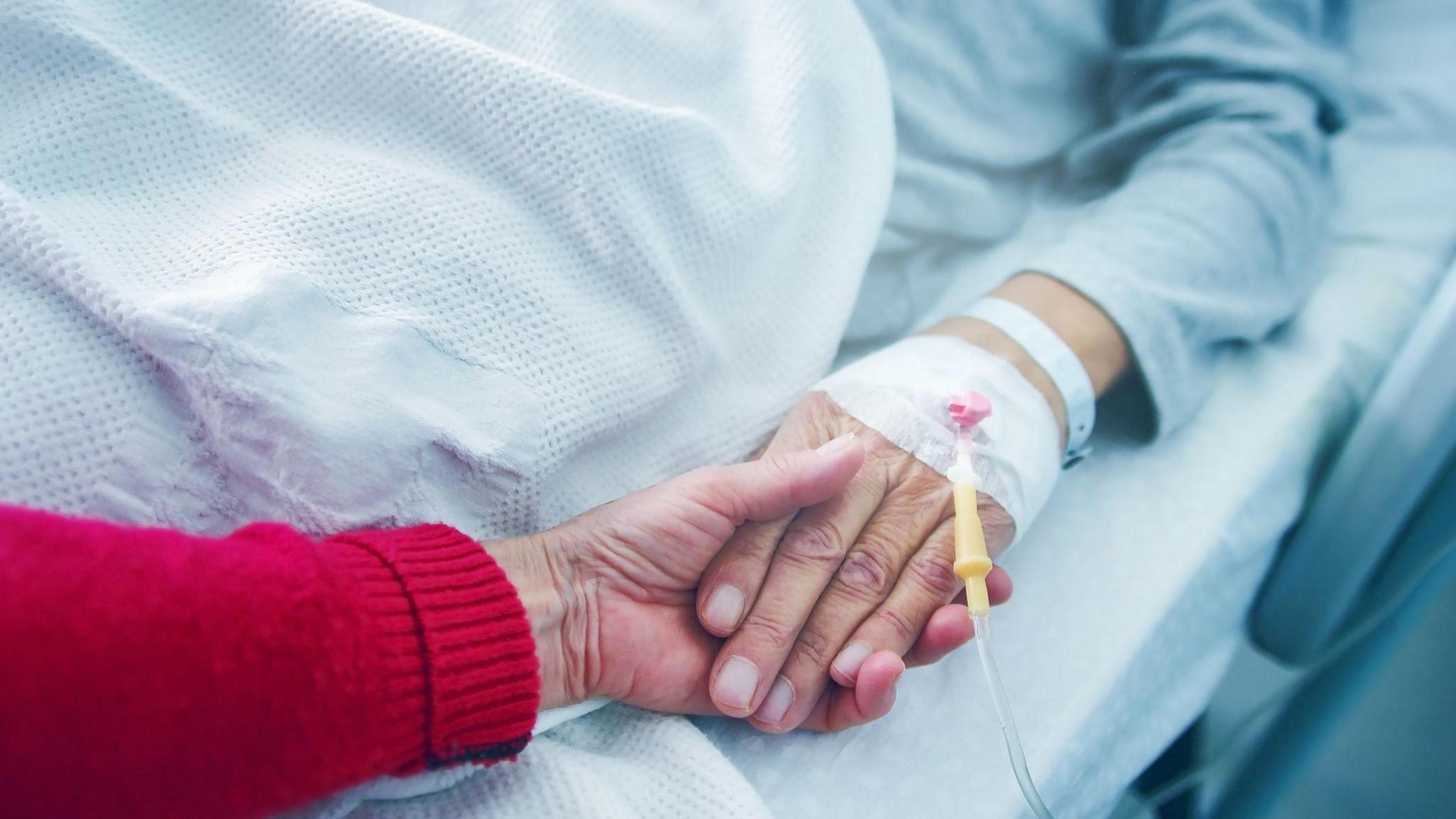
A total of 76 TDs voted in favour of the report
- Published
Politicians in Ireland have voted to note a final report by a committee on assisted dying, which calls on the government to legalise assisted dying in certain restricted circumstances.
A total of 76 TDs (Irish MPs) voted in favour of the report, with 53 TDs voting against it in the Dáil (lower house of the Irish parliament) on Wednesday evening.
The vote will not change the law in the Republic of Ireland. Such legislation would have to be passed by the Oireachtas (Irish parliament) and then signed by the President.
The Special Oireachtas Joint Committee on Assisted Dying published a 96-page report last March, which included 38 recommendations, external.
The recommendations included the establishment of an independent body to oversee all assisted dying applications and increased funding for palliative care.
'Inevitable'
People Before Profit TD Gino Kenny called for the Dáil vote and is an advocate for the recommendations to be implemented.
Speaking to the BBC’s Good Morning Ulster programme, Kenny said he believes it is “inevitable that legislation will be enacted in the next three years in Ireland”.
Tánaiste (deputy prime minister) Micheál Martin, Irish broadcaster RTÉ reported, external, had expressed serious reservations about the recommendation for assisted dying to be legalised in certain restricted circumstances.
'A very serious move'
Independent TD Michael Healy-Rae, who is the chair of the Committee on Assisted Dying, was not in favour of the report’s recommendations, external.
Healy-Rae published a separate report with Fianna Fáil’s Robert Troy and Senator Ronan Mullen
Speaking on RTÉ’s Drivetime programme, external on Wednesday, Healy-Rae said: "What is being suggested in this report is that in certain limited, certain circumstances, that you could assist somebody into the journey of death and that there would not be any legal penalty for it.
"It is a very serious move."
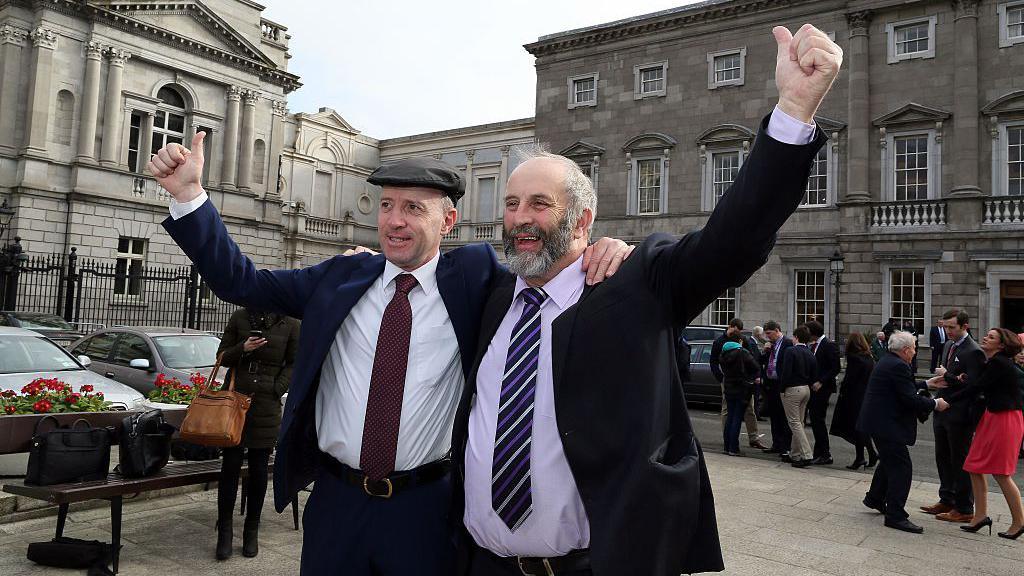
Michael Healy Rae (left) with his brother Danny Healy-Rae
Kenny was also speaking on the Drivetime programme.
He said the choice of assisted dying should be a “fundamental human right”.
"I boil it down to this: if somebody is in a position where they’re terminally ill and they do not want to go through a certain period of that illness, whether it’s weeks, days, or even hours, they should have a fundamental human right to say, 'I want to end my life on my terms' when they’re coming to the end of their life,” Kenny said.
He added that “not everybody will choose that situation”.
Kenny highlighted that in other countries, such as New Zealand and Australia, there are "safeguards; there’s oversight; there’s a legal framework of how somebody makes that request”.
'Implications for vulnerable people'
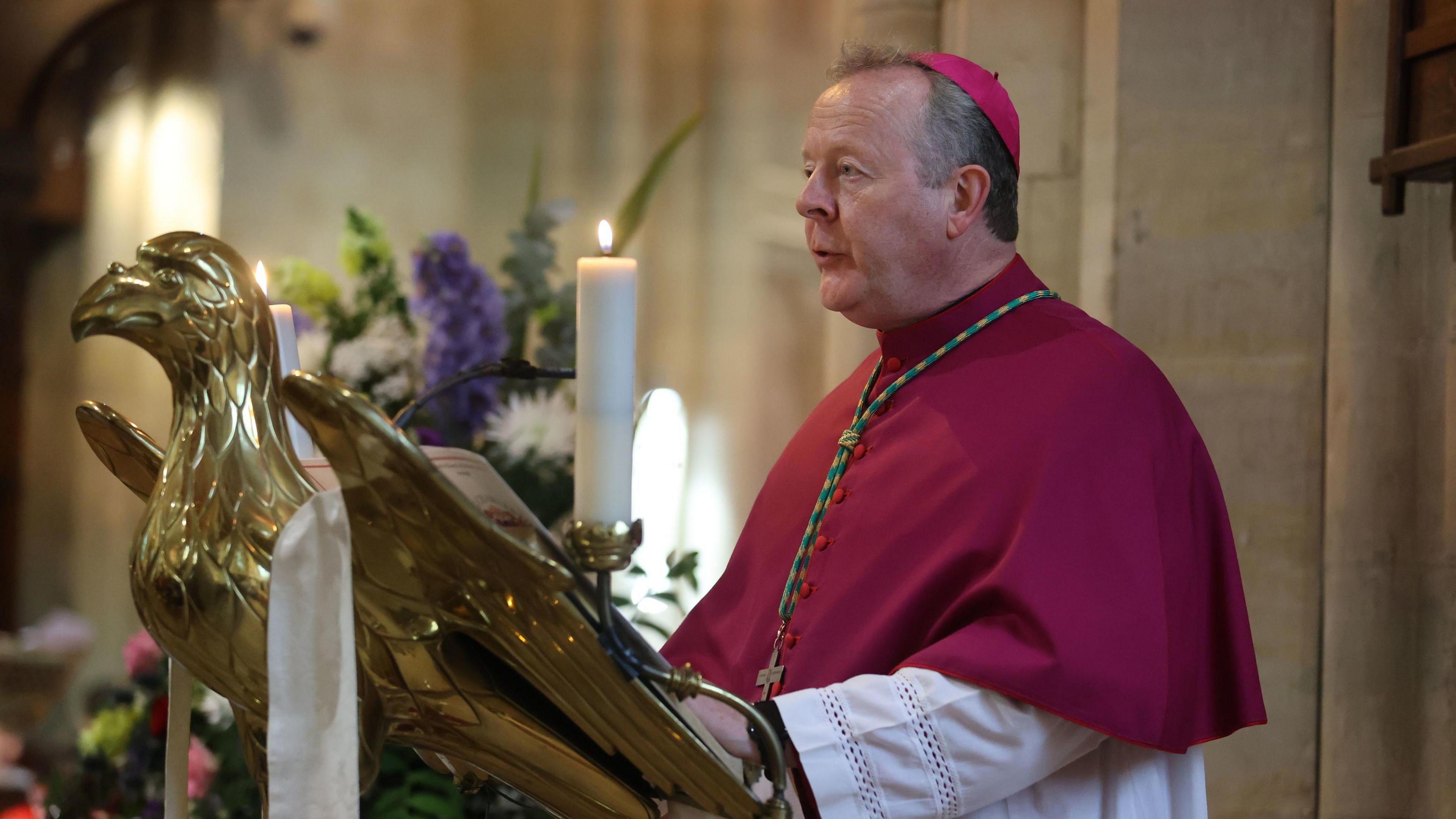
Gino Kenny accused Archbishop Eamon Martin of trying to “trivialise” the issue around assisted dying
Speaking to Good Morning Ulster on the matter last week, Archbishop Eamon Martin said: “We are removing the idea that all life is precious and that has implications for vulnerable people at all stages in their lives.
“If assisted dying then begins to be extended to people with mental health issues, people who are disabled, where in some countries it’s no longer even necessary for a person to be ill in order to look for assisted suicide or assisted dying.”
Kenny told Good Morning Ulster that he would not support assisted dying if it was on the grounds of disability or mental health.
He said Archbishop Martin is trying to “trivialise” the issue around assisted dying.
“My view is that religion should actually be kept out of this debate,” Kenny said.
The issue of assisted dying will be left for the next Irish government to consider.
What is the law in Northern Ireland?
Assisting someone to take their own life or attempt to take their life is illegal and punishable by up to 14 years in prison in Northern Ireland.
It remains an offence if the assistance takes place in Northern Ireland but the suicide takes place elsewhere in the world.
An offence does not automatically lead to a prosecution, as all cases are considered on merit and whether a prosecution is in the public interest.
There are several factors which can mitigate against prosecution, including whether the person had reached a voluntary and informed decision to end their own life.
What about the rest of the UK?
On Wednesday, Senedd members in Wales voted against a motion calling for a new law to allow assisted dying in Wales and England.
The Senedd does not have the power to change the law on assisted dying in Wales, so the vote was symbolic.
The power to change the law lies with MPs in Westminster, who will next month debate and vote on plans for an assisted dying law tabled by Labour backbench MP Kim Leadbeater.
Euthanasia is illegal under English law and is considered manslaughter or murder.
The maximum penalty is life imprisonment.
The Suicide Act 1961 also makes it illegal to encourage or assist a suicide in England and Wales. Those found guilty could face up to 14 years in prison.
In Scotland, it is possible that helping a person to die could lead to prosecution for an offence such as culpable homicide.
- Published28 March 2024
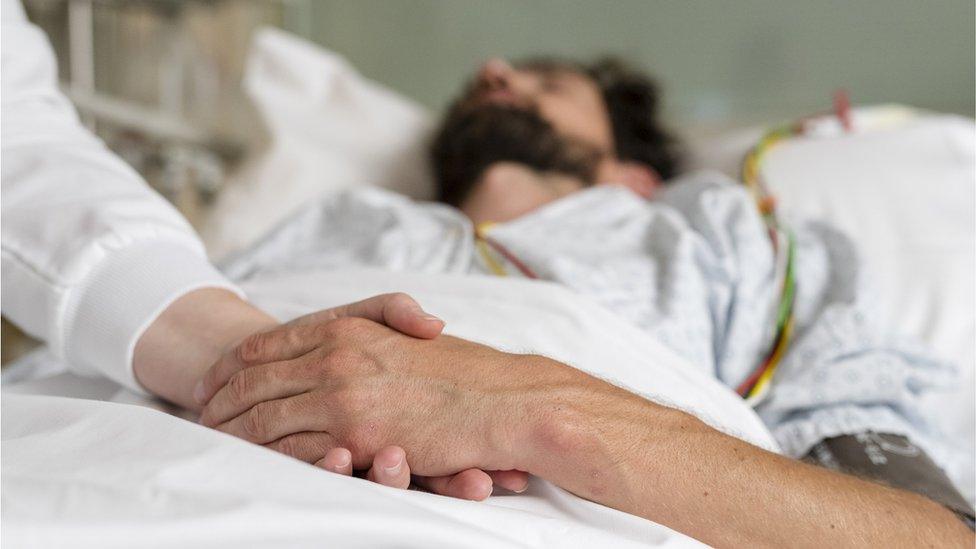
- Published31 July 2024
